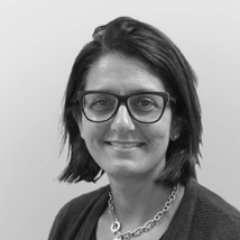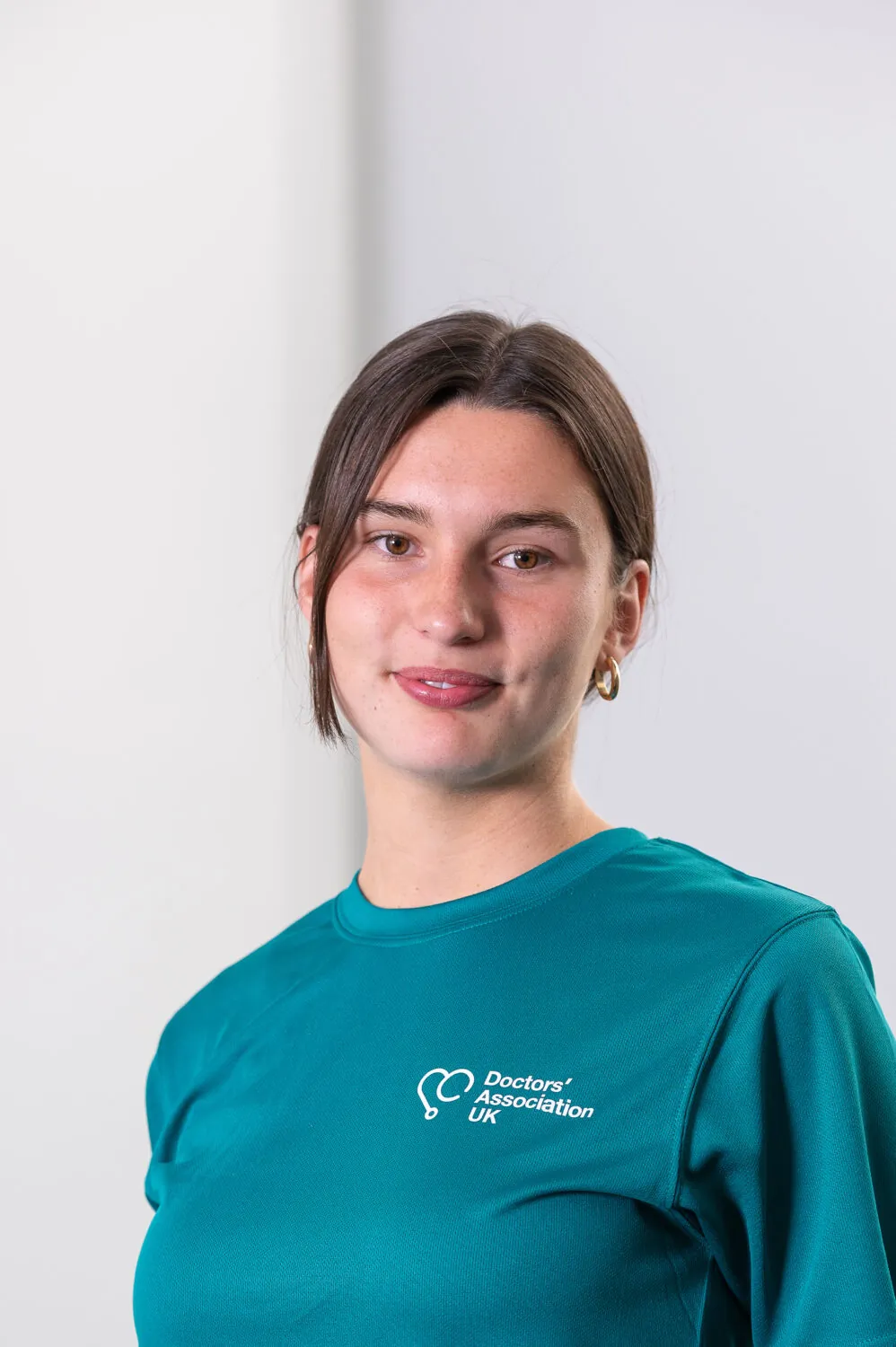The co-chair of the Doctors’ Association UK contributed to a national radio debate on physician associates (PAs) and told listeners the expansion of their roles is a ‘significant risk to patient safety’.
Ms Helen Fernandes said PAs had a part to play in the NHS but said they had ‘mushroomed’ and taken on doctors’ roles and that patients were not aware.
She was interviewed on the Iain Dale programme on LBC.
Ms Fernandes said: “Any criticism we have of physician associate roles is not personal to those that are currently in that role.
“It’s rather the way that role has morphed over time, mushroomed somewhat out of control, and developed now into a situation where PAs are being substituted into roles traditionally only populated by a doctor.
“The medical profession feels that this is a significant risk to patient safety.
“Patients are seeing individuals they think are qualified and trained doctors. They’re not. They’re PAs.
“The new BMA publication is the first time ever, despite law being passed that the GMC will be their regulator in the future, that we’ve actually begun to ask what can a PA safely do for our patients?”

Ms Fernandes also spoke about the training and experience needed to be a PA compared to that of a doctor.
“Currently, if you want to do a PA course you have to have an undergraduate degree that has some sort of science background,” she told LBC listeners.
“You will then spend two years in a master’s degree. Some would question whether it’s equivalent to what we would normally think of as a master’s degree.
“Then you are a qualified PA.
“With that qualification you can be appointed to a role where you will see patients in a GP practice by yourself for the first time, for which a doctor would have to undergo a five year medical degree and 10 years of post-graduate education – 10 years altogether before you can independently see the patients.
“The qualifications, the training, the experience doesn’t match up.
“It doesn’t mean that PAs don’t have a role in general practice, but they don’t as a substitute to a fully qualified and trained GP.”
And she said that there was no shortage of doctors ready and willing to go into general practice but that roles were going to PAs.
She added that neither patients nor doctors want the changes that are being pushed through to general practice.
“The powers that be would have it that these roles are really needed because there’s a shortage of doctors and a shortage of GPs and that somebody needs to see patients, address their problems and move their treatment and care forward,” she said.
“There is not a shortage of doctors.
“In the recent recruitment round, more than 11,000 doctors applied for a GP training post and 4,000 were accepted into these posts.
“There were only 4,000 available posts to train our future GPs, so 7,000 doctors who wanted to be a GP in the future have not got a job to train as a GP.
“The blockage or shortage of GPs for patients is not a shortage of doctors. It may be the way the Department of Health or other decision makers have decided to fund and structure general practice but it’s not what patients want and it’s not what doctors and GPs want for their patients.”
Listen to the interview again. It starts at around one hour 37 minutes and 50 seconds.





